CFIUS
Latest
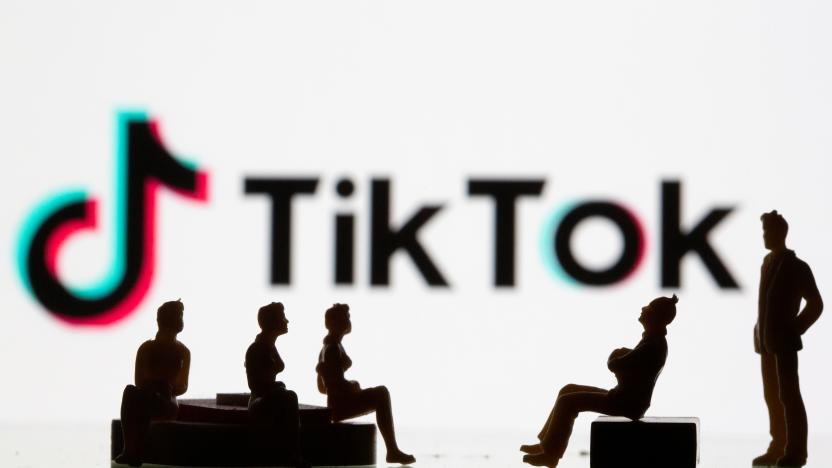
TikTok's deadline comes and goes with no sale and no ban, yet
Instead, Bloomberg and Reuters report, based on anonymous sources, that the Chinese company and the US government will continue negotiations. While the Committee on Foreign Investment (CFIUS) could enact some enforcement of a ban on the company, there’s no indication of when that might happen or in what form.
Richard Lawler12.04.2020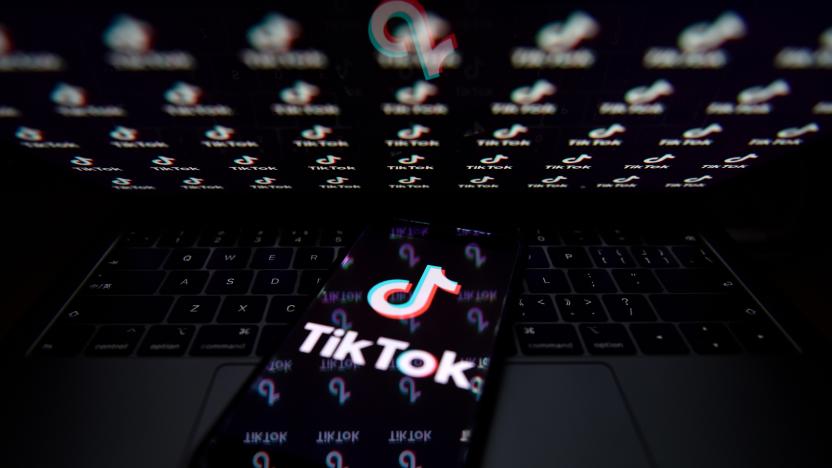
Commerce Department extends deadline for a TikTok sale to the 27th
While a presidential order banning TikTok had been held up by a judge, the president’s August 14th executive order still required a sale.
Richard Lawler11.13.2020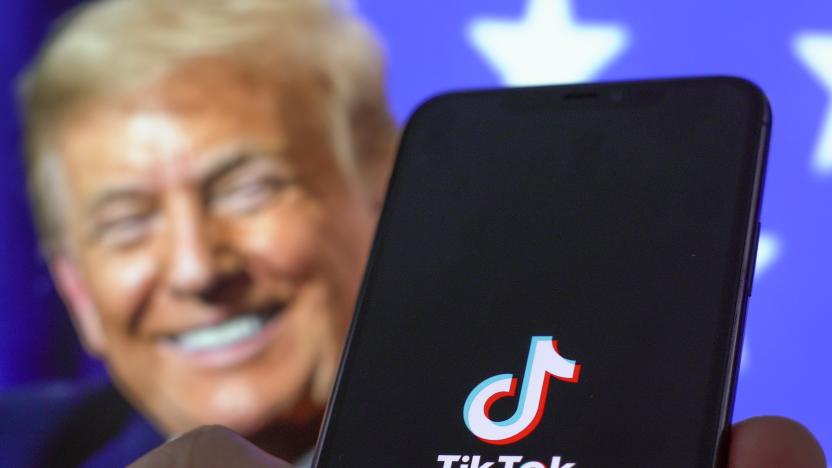
TikTok claims it's being ghosted by the Trump administration
TikTok hasn't heard from the Trump administration for weeks, and that's worrying as its November 12th divestiture deadline approaches.
Devindra Hardawar11.11.2020
TikTok tries to explain takedown of viral video about Uighurs in China
Other the last day or so, a TikTok "makeup tutorial" video that was actually a call for viewers to investigate the detention of Uighur Muslims in China went viral on and off the platform. However, as The Guardian and others reported, TikTok temporarily banned the account of the teenager who created the video. According to her, this isn't the first time the platfom has tried to censor her account for speaking about the issue. This evening, as much of the US heads into a holiday weekend, TikTok offered a public apology and detailed timeline of events, where it claims that the ban was not related to the topic of this video. To summarize, the company's version of events is that two weeks ago her earlier account was banned for a satirical video that featured an image of Osama Bin Laden as it violated "strict" policies against terrorist figures. Then, after the Uighur/eyebrow curling video, a separate sweep banning devices tied to accounts that had already been banned had the effect of locking her out of her new account. Then a "human moderation error" resulted in the video going offline for around 50 minutes. It's a detailed explanation that for some will be hard to believe. Feroza, the teenager who made the video, tweeted "do I believe they took it away because of a unrelated satirical video that was deleted on a previous deleted account of mine? Right after I finished posting a 3 part video about the Uyghurs? No." The incident also occurs as US regulators are looking into TikTok's parent company ByteDance, and its connections to the Chinese government. According to report today from Reuters, ByteDance has made efforts to separate TikTok from much of its Chinese operations, and is setting up a team in Mountain View, CA to oversee management of data in the US.
Richard Lawler11.27.2019
TikTok's parent company reportedly faces a national security review
Recently TikTok's popularity has exploded worldwide, and so has scrutiny over the app's parent company ByteDance and its relationship to the Chinese government. Now Reuters reports that the Committee on Foreign Investment in the United States (CFIUS) has opened a national security review of the company, because it had not sought approval to make its $1 billion acquisition of Musical.ly in 2017. US lawmakers have expressed concern's over the app's ability to collect data, while the company responded saying "TikTok is committed to being a trusted and responsible corporate citizen in the US, which includes working with Congress and all relevant regulatory agencies." The report notes that Musical.ly founder and now-head-of-TikTok Alex Zhu recently began to report directly to ByteDance CEO Zhang Yiming, which could help separate it from the company's other holdings. Meanwhile, ByteDance just announced plans for its first smartphone.
Richard Lawler11.01.2019
Marco Rubio calls for TikTok review over censorship claims
TikTok owner ByteDance might find itself in legal trouble in the US over claims it's censoring criticism of China in other parts of the world. Senator Marco Rubio has sent a letter to Treasury Secretary Steven Mnuchin asking for the Committee on Foreign Investment in the United States (CFIUS) to review ByteDance's acquisition of Musical.ly in light of the censorship allegations. He argued there was "ample & growing evidence" TikTok was silencing US material to honor Chinese government policies, effectively letting it "suppress freedom of speech" beyond its borders.
Jon Fingas10.09.2019
AMD denies improperly sharing CPU tech with China
AMD has been accused of feeding sensitive technology to China, and the company isn't having any of it. The chip designer has rejected Wall Street Journal claims that partnerships formed in early 2016 improperly shared x86 CPU tech with Sugon Information Industry, a supercomputer maker backed by the Chinese government. Sources talking to the WSJ alleged that AMD created a "complex structure" between two joint ventures to bypass American rules, with the Commerce and Defense Departments both raising concerns that the arrangement threatened national security. AMD, however, told a different story.
Jon Fingas06.30.2019
Grindr's Chinese owner has to sell the app by June 2020
Kunlun, the Chinese mobile company that owns Grindr, has to sell the popular gay-dating app by the middle of next year. It has reached an agreement with the Committee on Foreign Investment in the United States (CFIUS) to sell Grindr by June 2020 after the agency raised concerns about national security related to its ownership. In addition, the agreement prohibits the company from accessing Grindr users' information, which include their location and HIV status. It also forbids Kunlun from transmitting sensitive data to any entity based in China.
Mariella Moon05.14.2019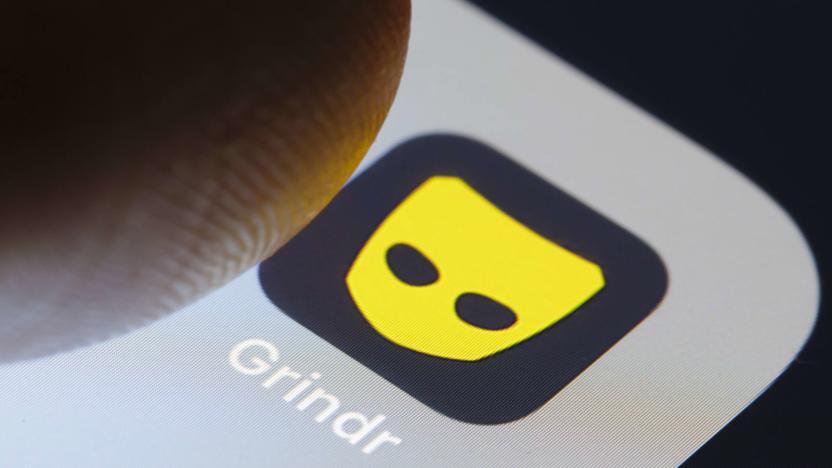
Grindr may be sold by its Chinese owner due to US national security risk
Apparently, the US government views Grindr as a threat to national security. According to Reuters, the Committee on Foreign Investment in the United States (CFIUS) informed the Chinese gaming company that owns the dating app that its ownership constitutes a national security risk. Now, facing pressure from the US, Beijing Kunlun Tech Co Ltd is looking to sell.
Christine Fisher03.27.2019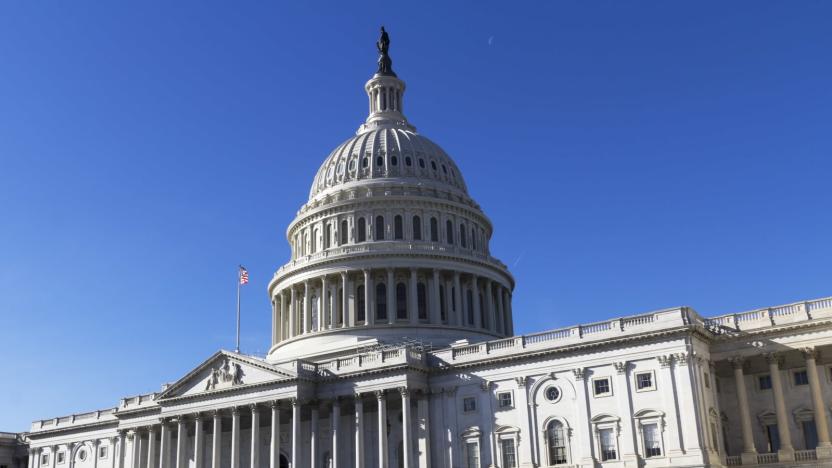
Senate gives up on ZTE sanctions
Though a number of US senators have been seeking to block President Trump's deal with ZTE that lets the Chinese firm circumvent sanctions put into place by US officials earlier this year, they have now backed off on that effort. In June, the Senate passed a version of the National Defense Authorization Act that reinstated sanctions against ZTE and would effectively nullify the president's and Commerce Department's deal with the firm. However, the House of Representatives passed a version of the bill without such language and the two chambers have been working on a compromise bill that marries each of their versions. Senators have now decided to abandon the ZTE sanctions in exchange for more oversight for the Committee on Foreign Investment in the US (CFIUS).
Mallory Locklear07.20.2018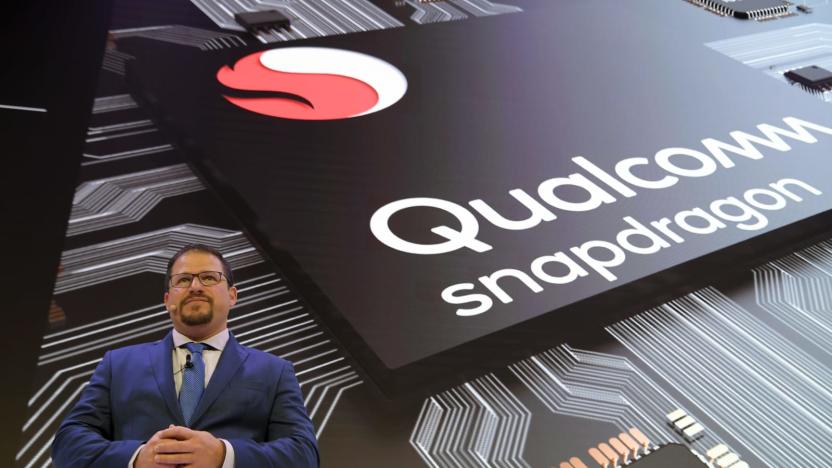
Trump blocks Broadcom's attempted takeover of Qualcomm
Broadcom's hopes of acquiring Qualcomm might have been quashed for good. President Trump has issued an order blocking Broadcom's proposed takeover and anything "substantially equivalent" to it over concerns that it might "impair the national security" of the country. The order also disqualifies all 15 of Broadcom's proposed directors for Qualcomm. The move follows a letter from the Committee on Foreign Investment in the US warning the companies that it believed the takeover would pose too great a security risk.
Jon Fingas03.12.2018